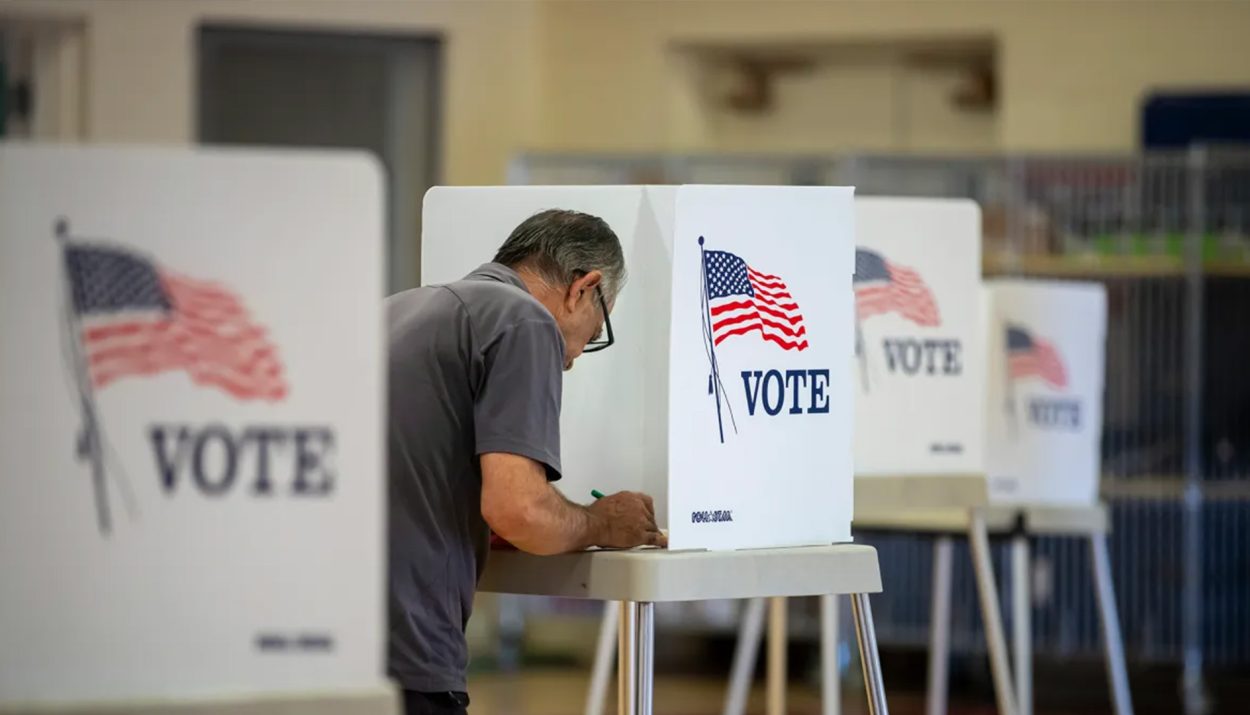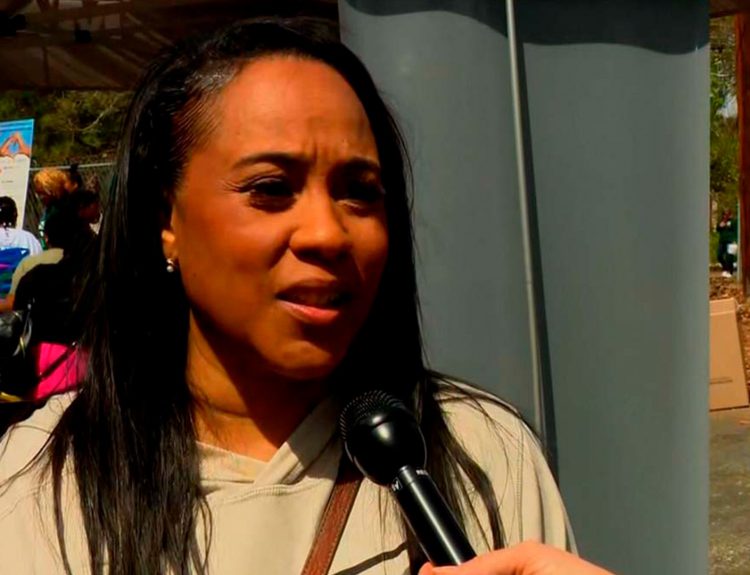On Wednesday, the Montana Supreme Court issued a lengthy 125-page opinion permanently striking down four voting laws that were passed by the Republican-led 2021 legislature. The court ruled that these laws were unlawfully impeding residents from exercising their voting rights. The Montana Supreme Court declared that the four laws are unconstitutional.
The Laws Were Violating the Fundamental Rights of Citizens
The majority opinion among the justices who presided the court’s ruling was that the laws “violate the fundamental right to vote provided to all citizens by the Montana Constitution.”
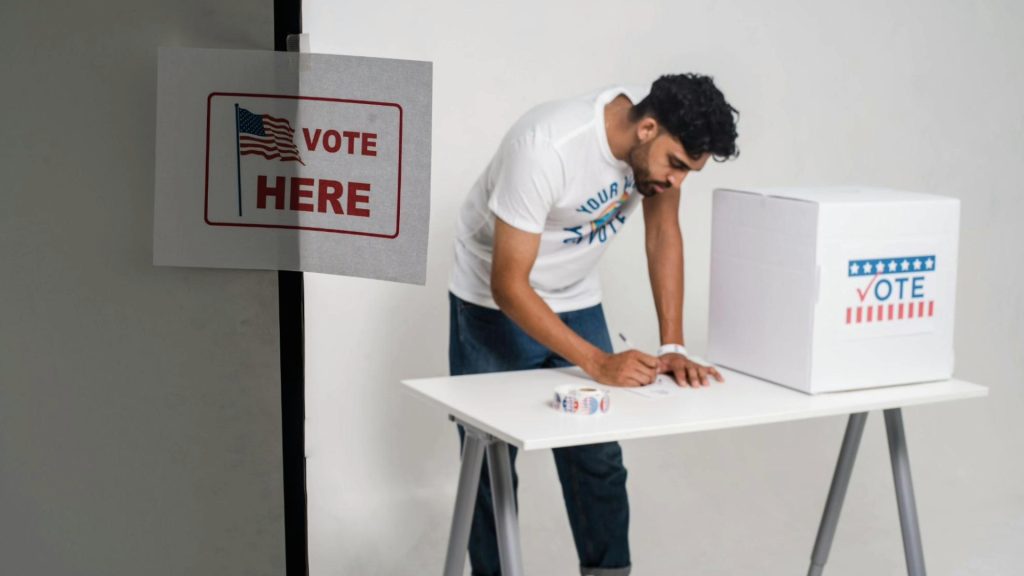
In 2022, a district court judge had also ruled against the four laws.
Restrictions Imposed by the Four Voting Laws
The laws had terminated voter’s right to get them registered and cast their ballots on the same day. Student ID card was also eliminated as an acceptable form of voter identification.
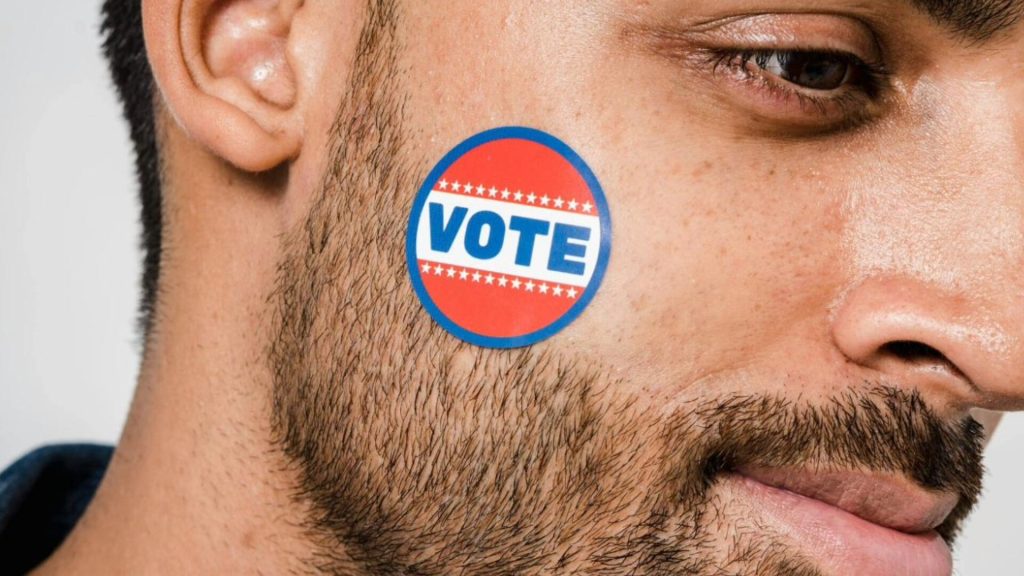
The laws also imposed restrictions on paid initiatives for ballot collection and submission.
Victory of Democracy
Montana Democratic Party’s executive director, Sheila Hogan, released a statement saying, “Today’s decision is a tremendous victory for democracy, Native voters, and young people across the state of Montana.”
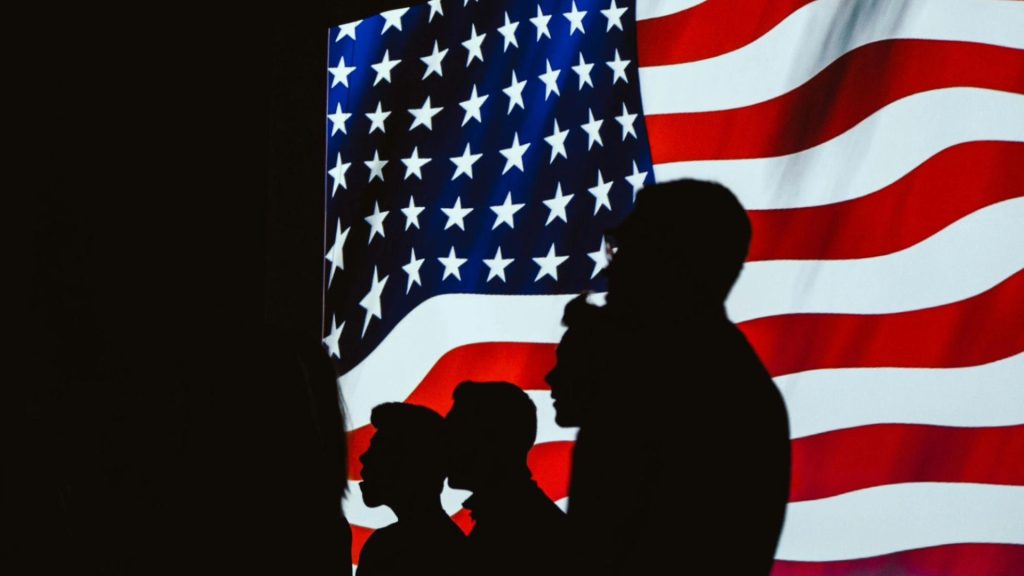
Hogan added, “While Republican politicians continue to attack voting rights and our protected freedoms, their voter suppression efforts failed and were struck down as unconstitutional.”
Montana Secretary of State is Not Happy with the Court’s Ruling
Montana Secretary of State Republican Chriti Jacobsen is not happy with the court’s decision. Jacobsen’s office released a statement saying, “The Secretary is devastated by this decision but assures Montanans that her commitment to election integrity will not waver by this narrow adoption of judicial activism that is certain to fall on the wrong side of history.”

The statement also said, “State and county election officials have been punched in the gut.”
Laws Were Passed in the Wake of Trump’s Defeat
The four laws were passed in Montana by the state’s Republican-led legislature in 2021. At the time, Republican-led states across the country were enacting stricter election rules in the wake of Trump’s defeat.
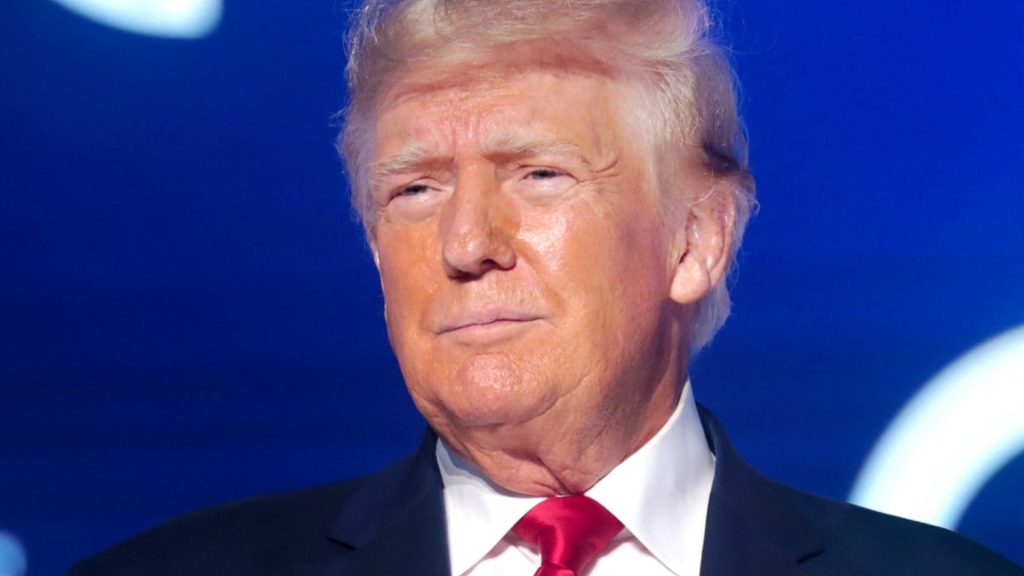
The laws were contested in court by various groups including the Montana Democratic Party. In 2022, District Court Judge Michael Moses struck down the laws in separate rulings.
Unfair to Native American Communities
The laws were proving especially hurtful to Native American communities.

In the context of restrictions on ballot-collection initiatives, the Supreme Court opinion stated that the law “takes away the only option to vote for a significant number of Native Americans living on reservations.”
A Win for Montana
Ronnie Jo Horse, who happens to be one of the plaintiffs and also the executive director of Western Native Voice said, “Victory in a lawsuit is not just about winning in the courtroom, but it’s about upholding justice and defending the truth and restoring balance.”

Jo Horse added that the ruling was “not just a win for us but for all of Montana.”
Greg Gianforte Believed the Laws Would Make the Voting Process More Secure
Republican Montana Governor, Greg Gianforte, and other Republican lawmakers believed the laws were necessary to improve the security of the entire voting process, especially as a response to allegations that the 2020 presidential elections were rigged.

It took three years for the Montana Supreme Court to reach its ruling. The Supreme Court concluded that Montana’s constitution grants even more extensive protections for voting rights than what is offered by the federal constitution.
Dissenting Voices Were Present
Not all decision-makers in the Supreme Court agreed with the decision to strike down the laws. Justices Jim Rice and Dirk Sandefur vehemently criticized the majority opinion that Montana’s state constitution provides more extensive protections for voting rights than what is offered by the country’s federal constitution.

The two justices argued that at least three out of the four laws should have been upheld as they grant important powers to lawmakers even if they may actually be contentious policy choices.
Unconstitutional to Bar Ballot Issuance to Those Under 18
The court unanimously agreed that the law prohibiting ballot issuance to voters who were under 18 at the time of receiving the ballot but would have reach the legal voting age before election day is unconstitutional.
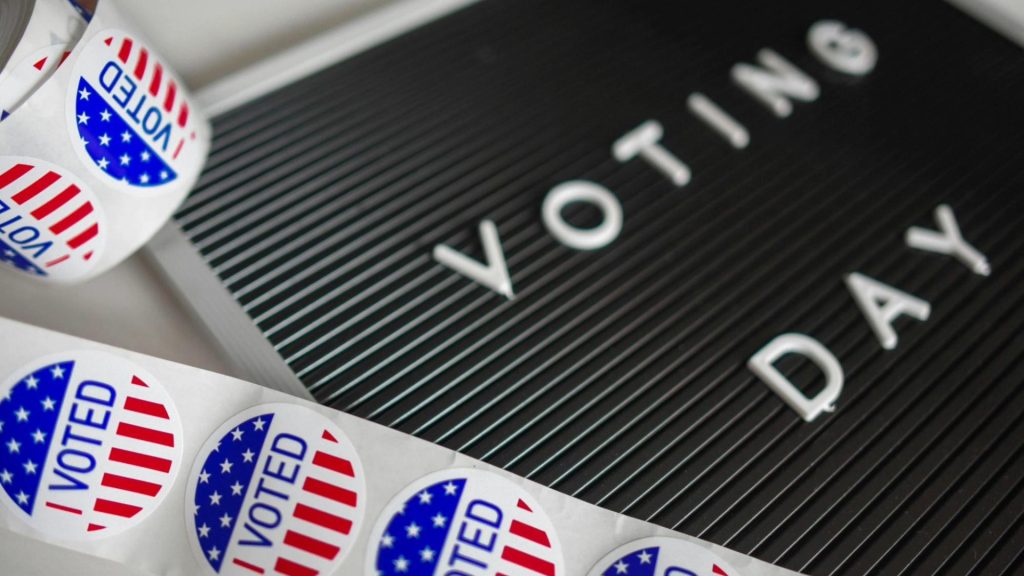
This law would have affected only a small number of citizens. The court nevertheless took a strong stance on the matter.
Good News For Some
The plaintiffs were being represented by American Civil Liberties Union of Montana legal director Alex Rate.

Rate commented, “Today’s order from the Montana Supreme Court is good news for folks who support free and fair elections.”
Mike Cuffe Expresses Disappointment
State Senator Mike Cuffe who had championed the voter ID bill in the last session expressed grave disappointment at the Supreme Court’s decision.

Cuffe said he thinks the decision will mobilize the state’s conservative voters to vote for the Republican-endorsed candidate Jim Brown who is contesting for the state Supreme Court seat.
Overbearing Laws
In another lawsuit earlier this year the plaintiffs had argued that the state doesn’t have the right to impose restrictions on any ballot initiative process that goes beyond what is outlined in Montana’s Constitution.

The Montana Constitution says, “The people may enact laws by initiative on all matters except appropriations of money and local or special laws.”
Opinion Was Authored by Justice Mike McGrath
The opinion released on Wednesday by the Supreme Court was authored by Justice Mike McGrath along with Justices James Jeremiah Shea, Ingrid Gustafson, and Laurie McKinnon.

The state of Montana holds a significant place in the political background of the 2024 elections. While the state is likely not going to be competitive in the presidential race, Senator Jon Tester (D-Mont.) is the primary target of the national Republicans who are striving to gain control over the U.S. Senate

